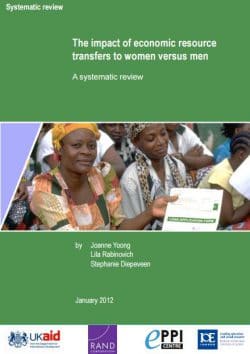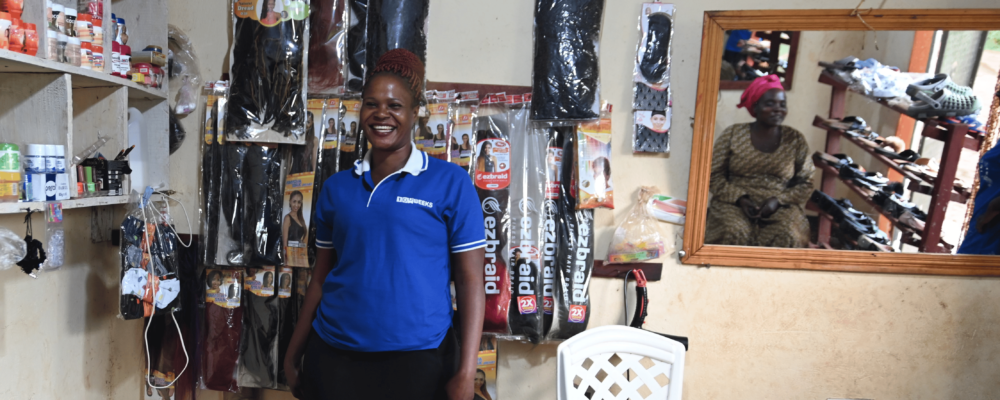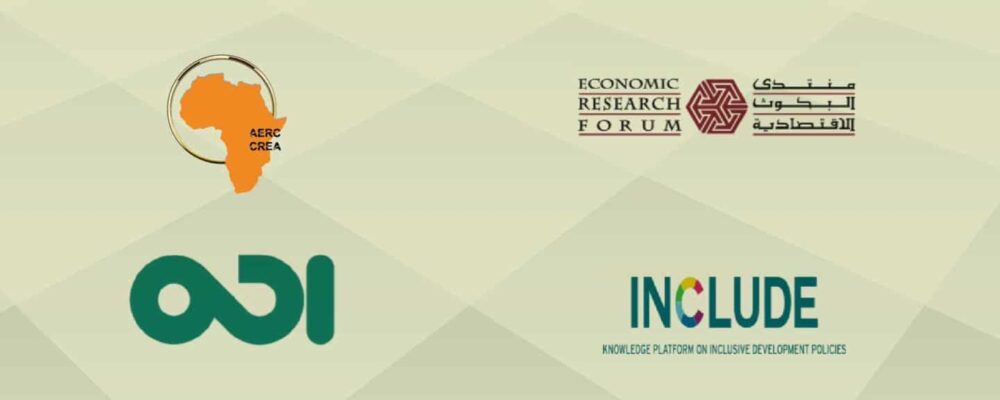
Policy highlights:
- Women are often targeted in cash-transfer programmes because they are believed to invest more in household well-being, education and health than men.
- A systematic review of 15 studies shows that targeting women in cash-transfer programmes does not guarantee positive outcomes. However, it can contribute to the well-being of children, especially when it comes to investing in their health and education.
- There seems to be a difference in effect for different types of programmes. Conditional cash-transfer programmes show a clear positive relationship between gender and household well-being. This relationship is much more ambiguous for unconditional cash transfers, such as pension schemes and microcredit.
- These findings indicate that it is important to take gender into consideration when designing cash-transfer schemes.








